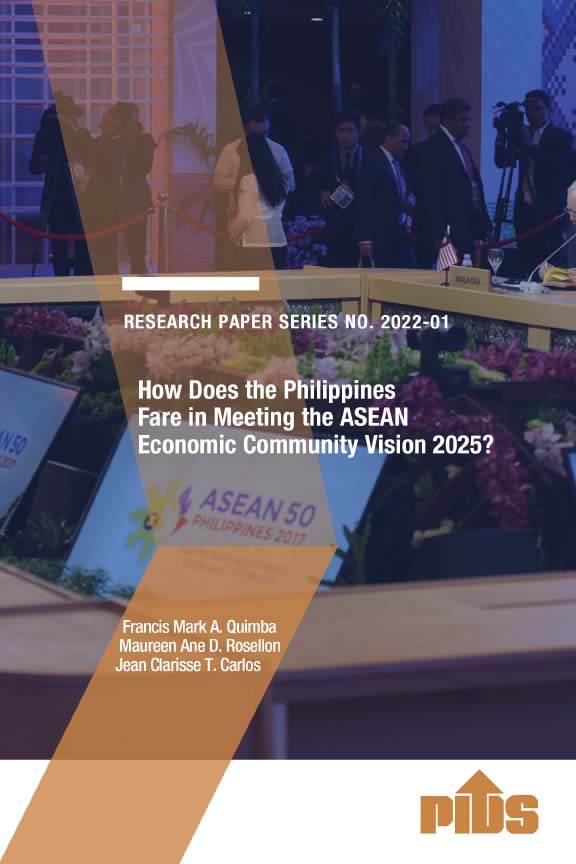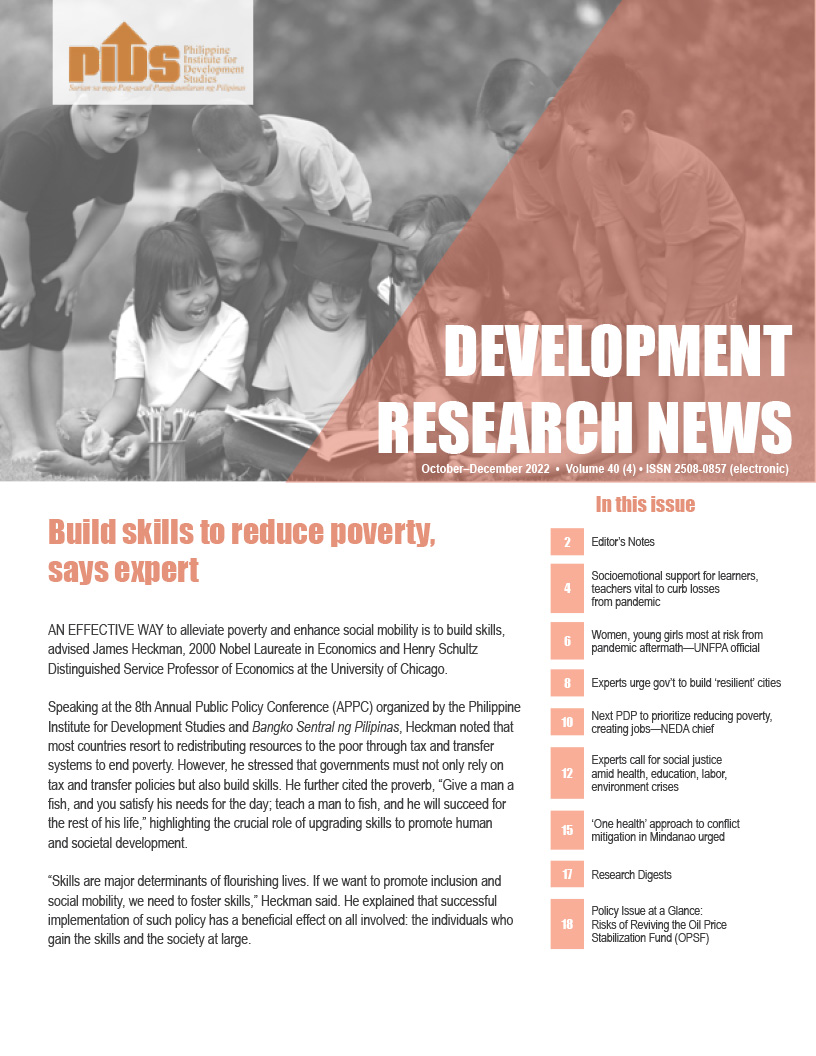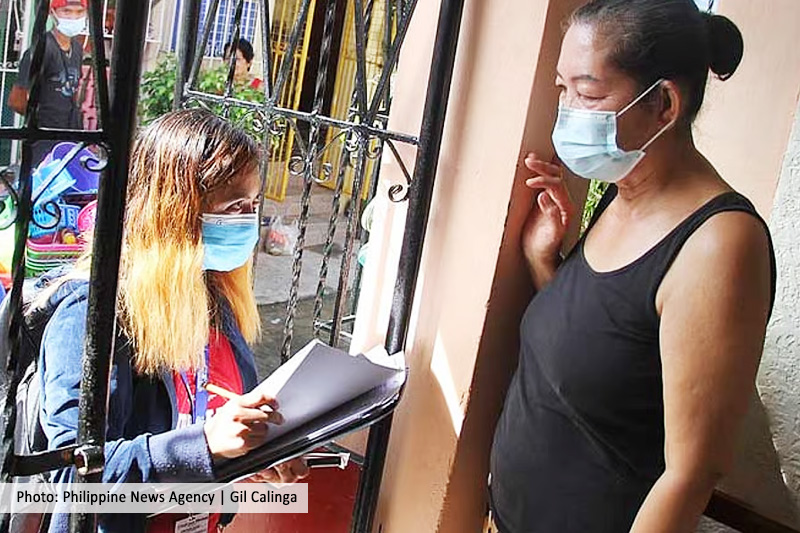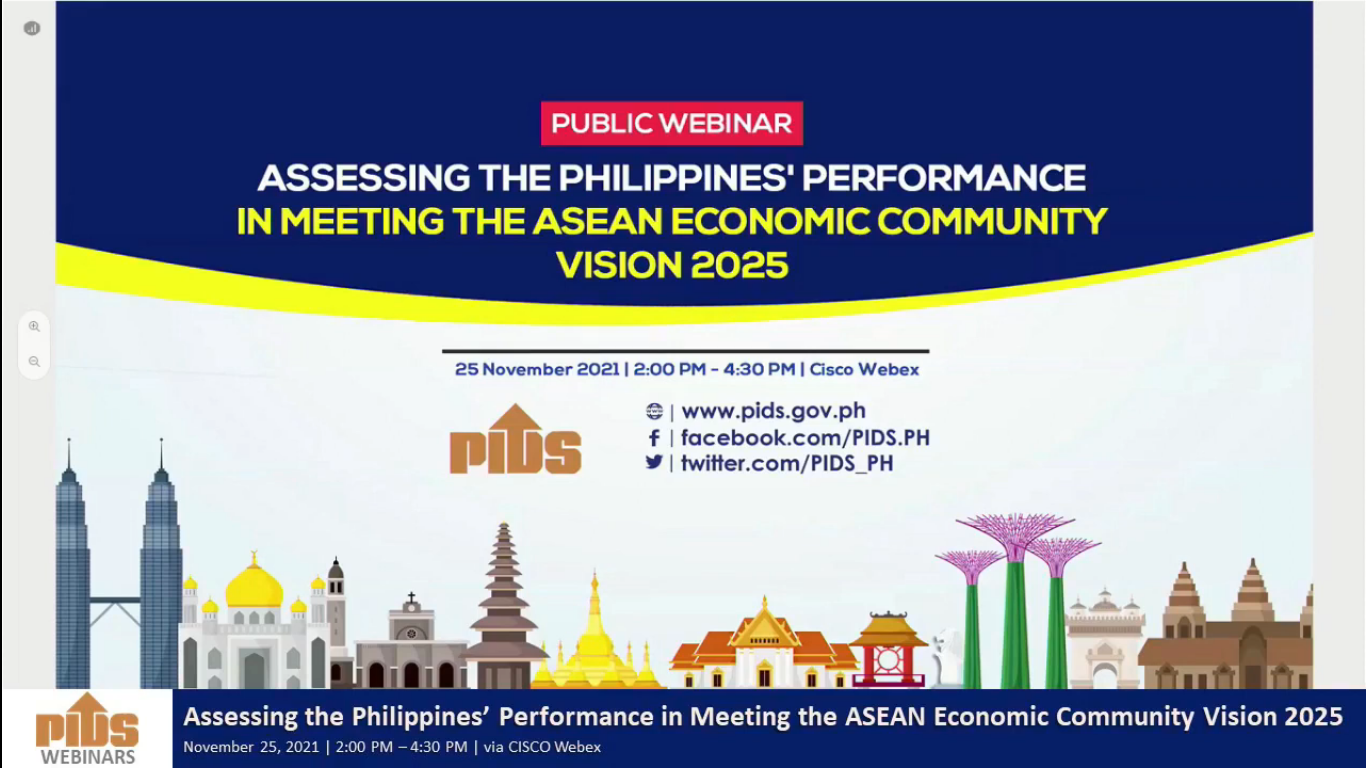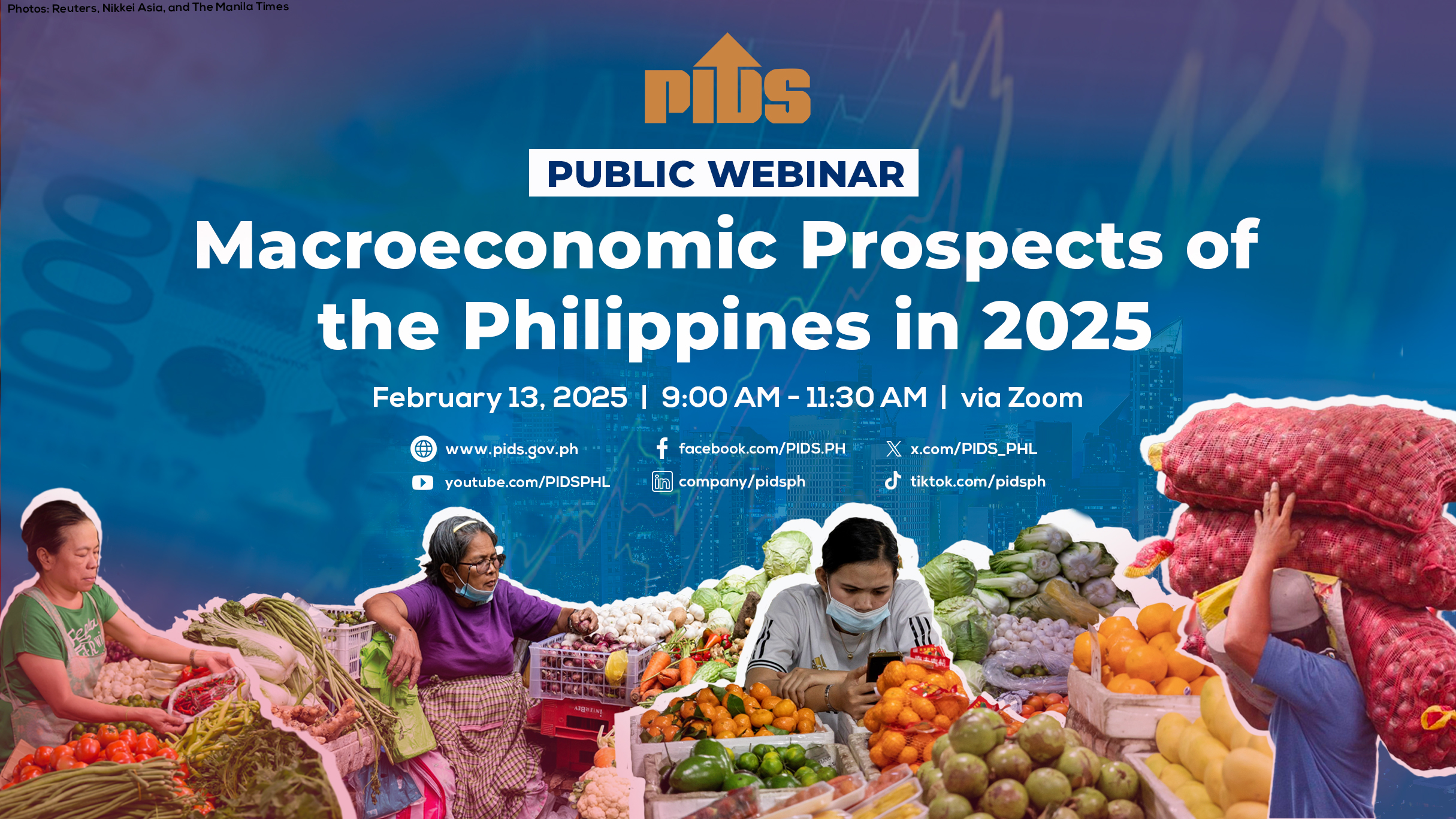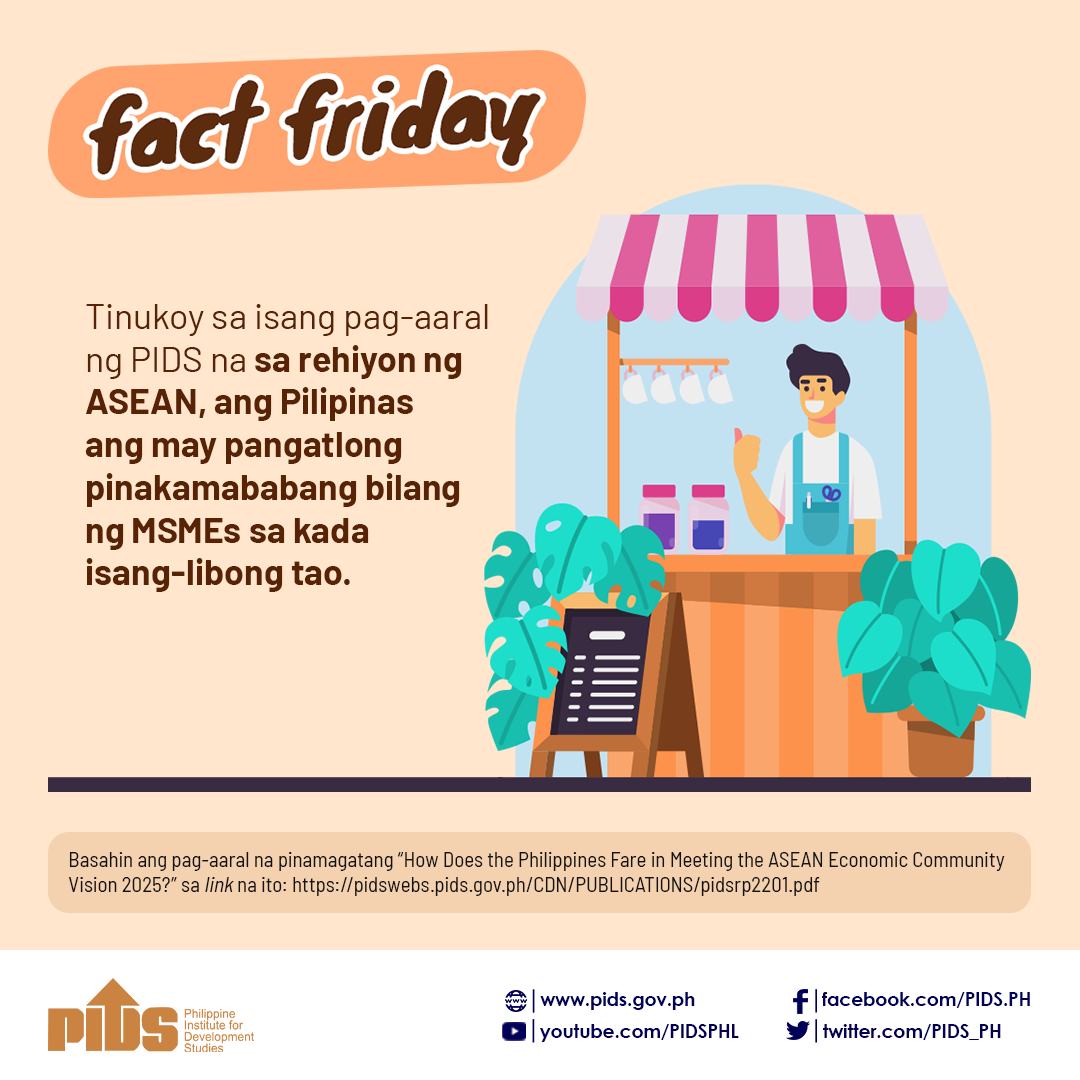ECONOMISTS are optimistic that the economy will expand by over six percent this year, driven by election-related spending and easing inflation, despite the headwinds from the trade war between the United States and its trading partners.
Angelo Taningco, vice president, research head and chief economist of the Financial Markets Segment at Security Bank Corp., said that historically, the election year most of the time leads to faster gross domestic product (GDP) growth.
“Our own estimate is close to the lower bound of the target at around 6.1 percent for this year. If the magnitude of say election spending is stronger than anticipated, thanks to low inflation, thanks to rate cuts, etc., then we could see a higher upside on the GDP growth this year compared to last year,” he said in a session organized by the Philippine Institute for Development Studies (188体育).
On the demand side, Taningco said household consumption “fares much better” during the election year, while overall trade tends to be better and capital formation is stronger as more capital expenditures are being undertaken by businesses.
However, Taningco said the Philippines, being a net importing country, needs to closely monitor the macro and inter-sectoral implications of the global trade war.
“Within the Philippines, I would surmise that electronics, automobiles, transport equipment and the like –those widely tradeable products of the Philippines– will be adversely affected by a global trade war,” he said.
Robert Dan Roces, economist at SM Investments Corp., said the tariff and trade war are the major headwinds the country has to weather.
“We are a very import-dependent country. We import oil, now we are importing most of our foodstuff so any external shock definitely affects us,” he said, adding that the current geopolitical risks have to be watched out for.
188体育 Senior Research Fellow Dr. John Paolo Rivera said achieving a GDP growth of at least 6.1 percent this year is “always possible” despite headwinds provided that right policy interventions are implemented.
“That’s why I agree that the Philippines should always diversify its economic activities with its trading partners, would also strengthen internal economic constraints in the Philippines and hitting the 6 to 8 percent (growth) target would always require stronger momentum, particularly in key sectors and improved domestic and global conditions,” he said.
“(These are) key sectors where the Philippines has a comparative advantage. Resources can be focused on these sectors that can generate greater multiplier effects for the economy,” he added.
Rivera said monetary easing from public spending and improved global conditions could support a better growth outlook in 2025 onwards.
The Philippine economy expanded by 5.6 percent in 2024, with services and industry were the main drivers of growth.

